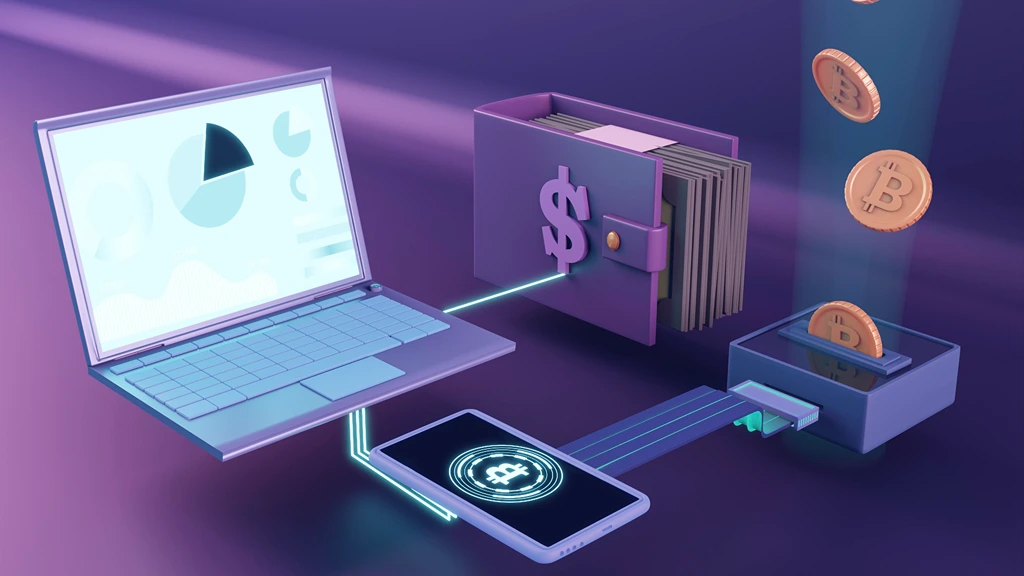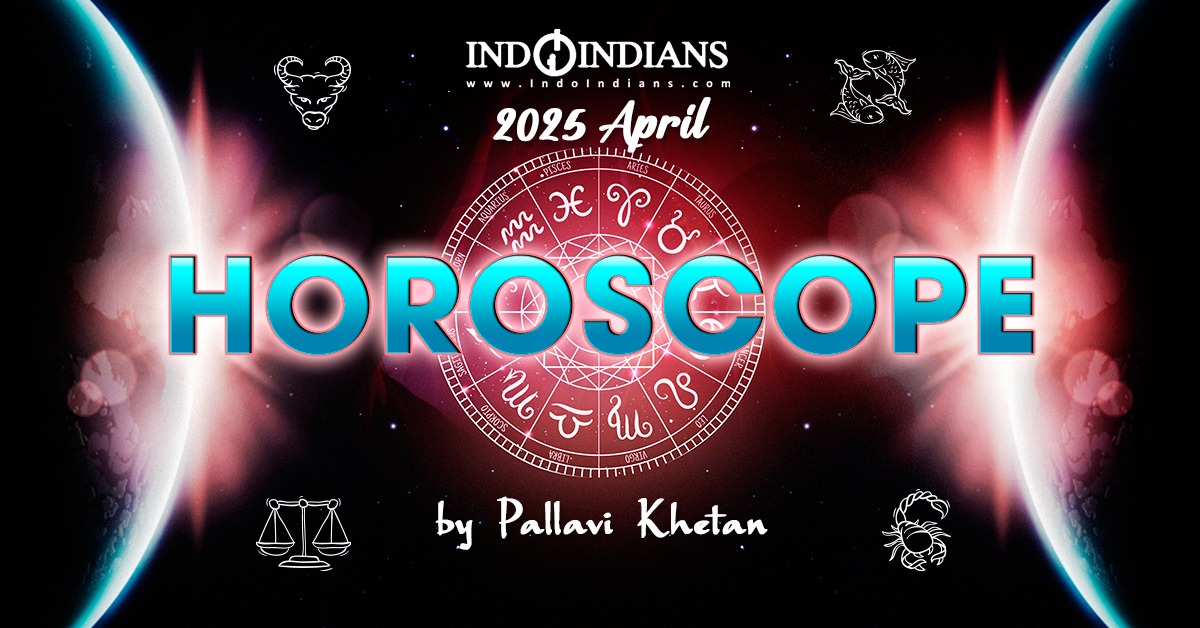The world around us is growing and changing at lightning speed and we better keep up. We’ll need to be flexible and always be learning. Now is the time to think about what skills and practices we should hone to ensure that our career will be safe in the future.
Listed are 15 most in-demand skills that we should learn in 2024:
1. Artificial Intelligence
 The trend of artificial intelligence (AI) technology has been popular lately. Artificial intelligence consists of several branches, one of which is machine learning. This is a branch of AI that is very interesting because machine learning is a machine that can learn like humans. Those who understand how to build AI systems and machine learning will have an advantage over other companies once they are hired.
The trend of artificial intelligence (AI) technology has been popular lately. Artificial intelligence consists of several branches, one of which is machine learning. This is a branch of AI that is very interesting because machine learning is a machine that can learn like humans. Those who understand how to build AI systems and machine learning will have an advantage over other companies once they are hired.
Recommended free course: AI and Machine Learning Free Courses
Highlights: This blog category is devoted to artificial intelligence, a rapidly growing field of computer science that deals with the creation of intelligent agents.
2. Blockchain
 Blockchain is a distributed ledger technology that enables secure and transparent record-keeping. It gained prominence as the underlying technology for cryptocurrencies, most notably Bitcoin, but its applications extend far beyond digital currencies. As blockchain technology continues to evolve, its applications are likely to expand into various industries, offering innovative solutions to longstanding challenges.
Blockchain is a distributed ledger technology that enables secure and transparent record-keeping. It gained prominence as the underlying technology for cryptocurrencies, most notably Bitcoin, but its applications extend far beyond digital currencies. As blockchain technology continues to evolve, its applications are likely to expand into various industries, offering innovative solutions to longstanding challenges.
Recommended free course: Blockchain Basics
Highlights: This course will be started by introducing the basics of blockchain, including its definition, how it differs from traditional databases, delve into the role of intermediaries in the current system, and how blockchain technology can eliminate the need for them.
3. Blogging
 Blogging is a form of online writing and content creation where individuals or organizations share information, opinions, and updates on a particular topic through a website. These websites, known as blogs, often consist of a series of articles or posts displayed in reverse chronological order, with the most recent content appearing at the top.
Blogging is a form of online writing and content creation where individuals or organizations share information, opinions, and updates on a particular topic through a website. These websites, known as blogs, often consist of a series of articles or posts displayed in reverse chronological order, with the most recent content appearing at the top.
Recommended free course: How to start Blogging?
Highlights: This blogging course will teach you everything you need to learn about blogging, including how to get started, where to get started, and how to build a career in blogging.
4. Copywriting
 Copywriting is the art and science of creating written content, known as “copy,” with the primary goal of persuading or influencing a target audience to take a specific action. This action could be making a purchase, signing up for a newsletter, clicking a link, or any other desired outcome.
Copywriting is the art and science of creating written content, known as “copy,” with the primary goal of persuading or influencing a target audience to take a specific action. This action could be making a purchase, signing up for a newsletter, clicking a link, or any other desired outcome.
Recommended free course: Copywriting For Beginners: How To Write Web Copy That Sells Without Being Cheesy
Highlights: In this 60-minute class, delivered in 16 short video lessons, you’ll learn how to write for the web and turn cold website visitors into warm leads, sales and customers.
5. SEO (Search Engine Optimization)
 “SEO” stands for Search Engine Optimization. It is a set of practices and strategies aimed at optimizing a website or online content to improve its visibility on search engine results pages (SERPs). The primary goal of SEO is to enhance the chances of a website or specific web pages appearing among the top results when users search for relevant keywords or phrases.
“SEO” stands for Search Engine Optimization. It is a set of practices and strategies aimed at optimizing a website or online content to improve its visibility on search engine results pages (SERPs). The primary goal of SEO is to enhance the chances of a website or specific web pages appearing among the top results when users search for relevant keywords or phrases.
Recommended free course: SEO Principles: An Essential Guide for Beginners
Highlights: Students will learn the 3 main components of SEO: On-page SEO, Technical SEO, and Off-page SEO, as well as keyword research fundamentals.
6. Video Content Creation

Video content creation is a multifaceted skill that involves various aspects, from planning and scripting to filming, editing, and distributing content. Some key components and skills associated with video content creation are Content Planning, Technical Skills, Editing, Equipment Knowledge, Creativity, Consistency, Audience Understanding, SEO and Metadata, Adaptability, Distribution and Promotion, Communication Skills, Time Management, Analytical Skills, Collaboration, and Legal and Ethical Considerations.
Recommended free course: Content Creation: Video Editing 102
Highlights: Students will learn how to discuss the benefits of video-editing software, how to edit videos with Shotcut and Adobe Premiere Pro, describe the steps involved in adding, ordering, cutting and editing files, explain the different ways to add text, etc.
7. Data Analytics
 Data analytics refers to the process of examining, cleaning, transforming, and modeling data to discover useful information, draw conclusions, and support decision-making. It involves the application of various techniques and tools to analyze raw data, identify patterns, trends, and insights, and extract valuable knowledge from datasets.
Data analytics refers to the process of examining, cleaning, transforming, and modeling data to discover useful information, draw conclusions, and support decision-making. It involves the application of various techniques and tools to analyze raw data, identify patterns, trends, and insights, and extract valuable knowledge from datasets.
Recommended free course: Online Data Analytics Course (Learn Data Analysis)
Highlights: This course equips students with the right tools and techniques to succeed in the data analysis industry. Students will learn how to collect, clean, and analyse data, as well as use data visualisation tools to communicate their findings.
8. Data Science

Data science is a multidisciplinary field that uses scientific methods, processes, algorithms, and systems to extract insights and knowledge from structured and unstructured data. It combines expertise from various domains such as statistics, mathematics, computer science, information theory, and domain-specific knowledge. The goal of data science is to uncover hidden patterns, make predictions, and inform decision-making.
Recommended free course: Introduction to Data Science
Highlights: In this course, students will learn about life cyle of data along with idea of statistics and time series along with understanding of database such as SQL and NoSQL.
9. Coding
 Learning to code is very important in the digital era like today. Even if someone doesn’t study in the IT field, someone who has adequate coding skills will have a greater chance of getting a job related to that knowledge. Learning this skill will deal with problems that force critical thinking to find solutions which is well known as critical thinking and problem solving.
Learning to code is very important in the digital era like today. Even if someone doesn’t study in the IT field, someone who has adequate coding skills will have a greater chance of getting a job related to that knowledge. Learning this skill will deal with problems that force critical thinking to find solutions which is well known as critical thinking and problem solving.
Recommended free course: Learn to code — for free.
Highlights: Since 2014, more than 40,000 freeCodeCamp.org graduates have gotten jobs at tech companies including Google, Microsoft, Spotify, and Amazon.com.
10. Cloud Computing
 This technology has become one of the best ways to securely utilize and store data, making it popular with several companies. Skills in the field of cloud computing are needed to carry out the process of delivering computing services, including servers, storage, databases, networks, software, analytics and intelligence via the internet (cloud), so that access can be faster anywhere and anytime.
This technology has become one of the best ways to securely utilize and store data, making it popular with several companies. Skills in the field of cloud computing are needed to carry out the process of delivering computing services, including servers, storage, databases, networks, software, analytics and intelligence via the internet (cloud), so that access can be faster anywhere and anytime.
Recommended free course: Free Cloud Computing Course
Highlights: This course brings you to learn and understand working with the most demanding service providing tool, “Cloud Computing” free course, and a certificate on successful completion.
11. Digital Marketing
 Digital marketing is all types of marketing activities that use internet media. Digital marketing can be done by creating content about our business or by placing advertisements on the internet, so that people visit our website. Now, all business people take their digital marketing strategy to a higher level. In order not to be left behind, we need to study more innovative and effective digital marketing trends to achieve business goals, for example email marketing, livestream shopping, and user-generated content.
Digital marketing is all types of marketing activities that use internet media. Digital marketing can be done by creating content about our business or by placing advertisements on the internet, so that people visit our website. Now, all business people take their digital marketing strategy to a higher level. In order not to be left behind, we need to study more innovative and effective digital marketing trends to achieve business goals, for example email marketing, livestream shopping, and user-generated content.
Recommended free course: CareerFoundry Digital Marketing Short Course
Highlights: You will work 1:1 with an expert mentor and tutor, who will give you personalized feedback and insights into life as a digital marketer.
12. Cyber Security
 The ability to predict in the cybersecurity world is vital. Increasing cyber-attack activity from among teenagers will increasingly involve cybercrime. Therefore, institutions or companies are strongly advised to look far ahead so that they have a proactive position in dealing with cyber threats. The need for human resources in the field of cyber security is very large, but unfortunately graduates with cyber security competencies are still very limited.
The ability to predict in the cybersecurity world is vital. Increasing cyber-attack activity from among teenagers will increasingly involve cybercrime. Therefore, institutions or companies are strongly advised to look far ahead so that they have a proactive position in dealing with cyber threats. The need for human resources in the field of cyber security is very large, but unfortunately graduates with cyber security competencies are still very limited.
Recommended free course: Kriptografi I
Highlights: This course provides an intensive introduction to the cryptographic history, current technologies, and the best practices and known techniques cyber criminals do.
13. Ethical Hacking
 Ethical hacking, also known as penetration testing or white-hat hacking, involves authorized and legal efforts to identify and exploit vulnerabilities in computer systems, networks, applications, or software. The primary goal of ethical hacking is to assess the security of a system with the permission of the owner, helping to identify weaknesses and provide recommendations for improvement. Ethical hackers use the same techniques as malicious hackers, but their actions are conducted in an ethical and lawful manner.
Ethical hacking, also known as penetration testing or white-hat hacking, involves authorized and legal efforts to identify and exploit vulnerabilities in computer systems, networks, applications, or software. The primary goal of ethical hacking is to assess the security of a system with the permission of the owner, helping to identify weaknesses and provide recommendations for improvement. Ethical hackers use the same techniques as malicious hackers, but their actions are conducted in an ethical and lawful manner.
Recommended free course: Online Ethical Hacking Course in India (WS-CEH)
Highlights: During the entire course, students will learn how to prevent black hat hackers from compromising systems, networks, and devices, leading to major cyberattacks and data breaches.
14. Full Stack Web Development
 Full Stack Web Development refers to the practice of developing both the client-side (front-end) and server-side (back-end) of a web application. A full stack web developer is someone who has expertise in working with both the front-end and back-end technologies, allowing them to create a complete and functional web application.
Full Stack Web Development refers to the practice of developing both the client-side (front-end) and server-side (back-end) of a web application. A full stack web developer is someone who has expertise in working with both the front-end and back-end technologies, allowing them to create a complete and functional web application.
Recommended free course: Full Stack Developer Course (Online Training)
Highlights: The course offers an extensive curriculum that covers everything you need to become a proficient web developer. We’ll equip you with the skills and knowledge to create dynamic, cutting-edge websites and web apps from start to finish.
15. Mobile App Development
 Mobile app development is the process of creating software applications specifically designed to run on mobile devices, such as smartphones and tablets. Mobile app development involves a combination of skills, tools, and technologies to deliver functional and user-friendly applications that cater to the diverse needs of mobile users. There are two main platforms for mobile app development: Android and iOS.
Mobile app development is the process of creating software applications specifically designed to run on mobile devices, such as smartphones and tablets. Mobile app development involves a combination of skills, tools, and technologies to deliver functional and user-friendly applications that cater to the diverse needs of mobile users. There are two main platforms for mobile app development: Android and iOS.
Recommended free course: Online Android App Development Course
Highlights: You will master how to develop mobile apps for the Android operating system, which are compatible with smartphones, Android Wear, e-Readers, as well as Android TV. Every big brand today needs to hire Android Developers to build an app and manage it.





